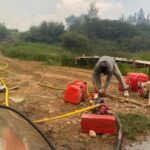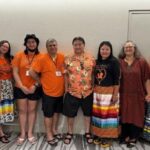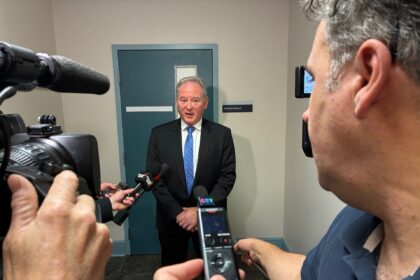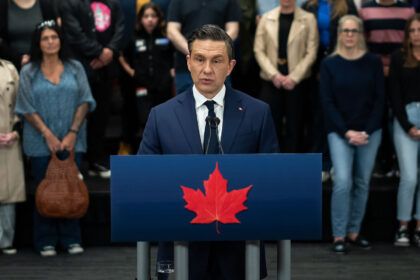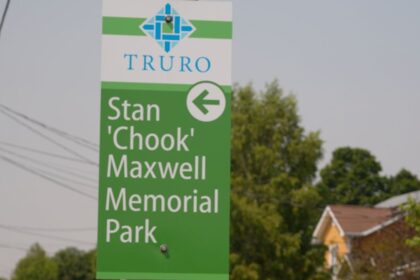The B.C. First Nations Justice Council says a report critical of the RCMP echoes what they’ve been saying for years. “We need trauma-informed police officers, we need culturally informed police officers,” said Judith Sayers, a director with the B.C. First Nations Justice Council. Sayers was reacting to a recent report from B.C.’s Independent Investigations Office [IIO], which oversees harmful police interactions with the public. The report, released earlier this month, detailed the handling of a 2022 call involving Rojun Alphonse from Williams Lake First Nation. The 36-year-old died by suicide in Williams Lake following an hours-long standoff with the Mounties. The report said more than two dozen officers were on scene, who, after several hours of trying to speak with Alphonse, used tear gas to drive him out of a residence, but he was found dead a short time later. “We would like to see meaningful change happen within the RCMP when you’re dealing with Indigenous Peoples, when you’re dealing with individuals suffering from mental health challenges,” said Willie Sellars, chief of Williams Lake First Nation. The report found there was no evidence of racism, but Alphonse’s family and community members raised “significant concerns” about the level of police response and ongoing complaints of discrimination against the Williams Lake RCMP. The report said the case doesn’t meet the bar for a “charge assessment” but it “raises bigger questions” about how police approached the situation involving an Indigenous person in a mental-health crisis. Sayers agreed. “We need to find ways for police officers to be comfortable in First Nations communities so they’re not nervous and tense,” she said in a telephone interview. “And that comes with experience, of course, but also training with First Nations, MOU’s [memorandums of understanding] with First Nations on how they should enter the community.” The IIO’s chief civilian director Jessica Berglund said she’ll be referring the file to the RCMP and the Civilian Review and Complaints Commission [CRCC] for their assessment on whether changes to policy or training are necessary. “The RCMP’s saying they do trauma informed training now, but we haven’t seen any results from that,” Sayers added. “So we’re not sure how much improved that is. We’d love to see that training evaluated and to work with them.” APTN News requested a statement or interview with B.C. RCMP and received an emailed statement, saying: “The BC RCMP has reviewed the IIO BC public report into a July 2022 incident in Williams Lake. The IIO BC report looked at the totality of circumstances involved in the incident and determined there are no grounds to indicate that any officers committed an offence,” the statement from Sgt. Vanessa Munn said. “We will limit any further comment as we are mindful that the report has also been referred to the [CRCC] for the RCMP for their consideration.” The CRCC confirmed it received a copy of the IIO report. “We can confirm that the BC IIO wrote to the CRCC to draw our attention to the report, and we are reviewing it,” the agency said in an email to APTN. “Our sympathies remain with the family and friends who lost their loved one.” Sayers said there’s a bigger discussion to be had around when the police should not be called on – not only in B.C., but across Canada. She pointed to the case of Chantel Moore, an Indigenous woman who was shot and killed in her home by a police officer in New Brunswick on June 4, 2020. Police had been called to perform a wellness check on her. “Wellness calls, social services calls, should have psychologists, counsellors, people with community training to go in to deal with these situations,” Sayers said. “The police aren’t the only answer.” With files from The Canadian Press Continue Reading
Police arent the only answer: watchdog agency suggests RCMP can do better with Indigenous peoples
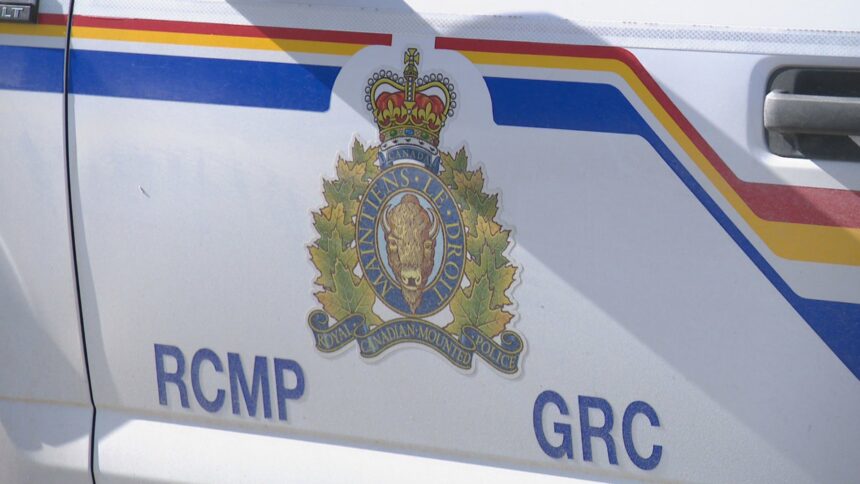
Leave a Comment


